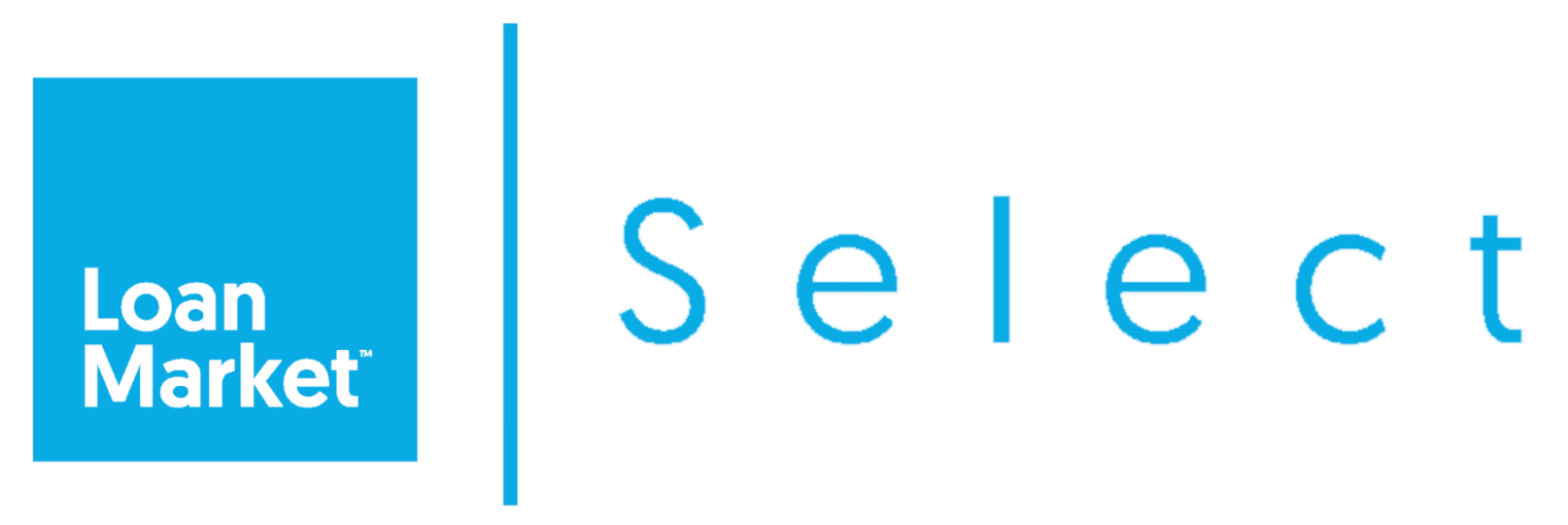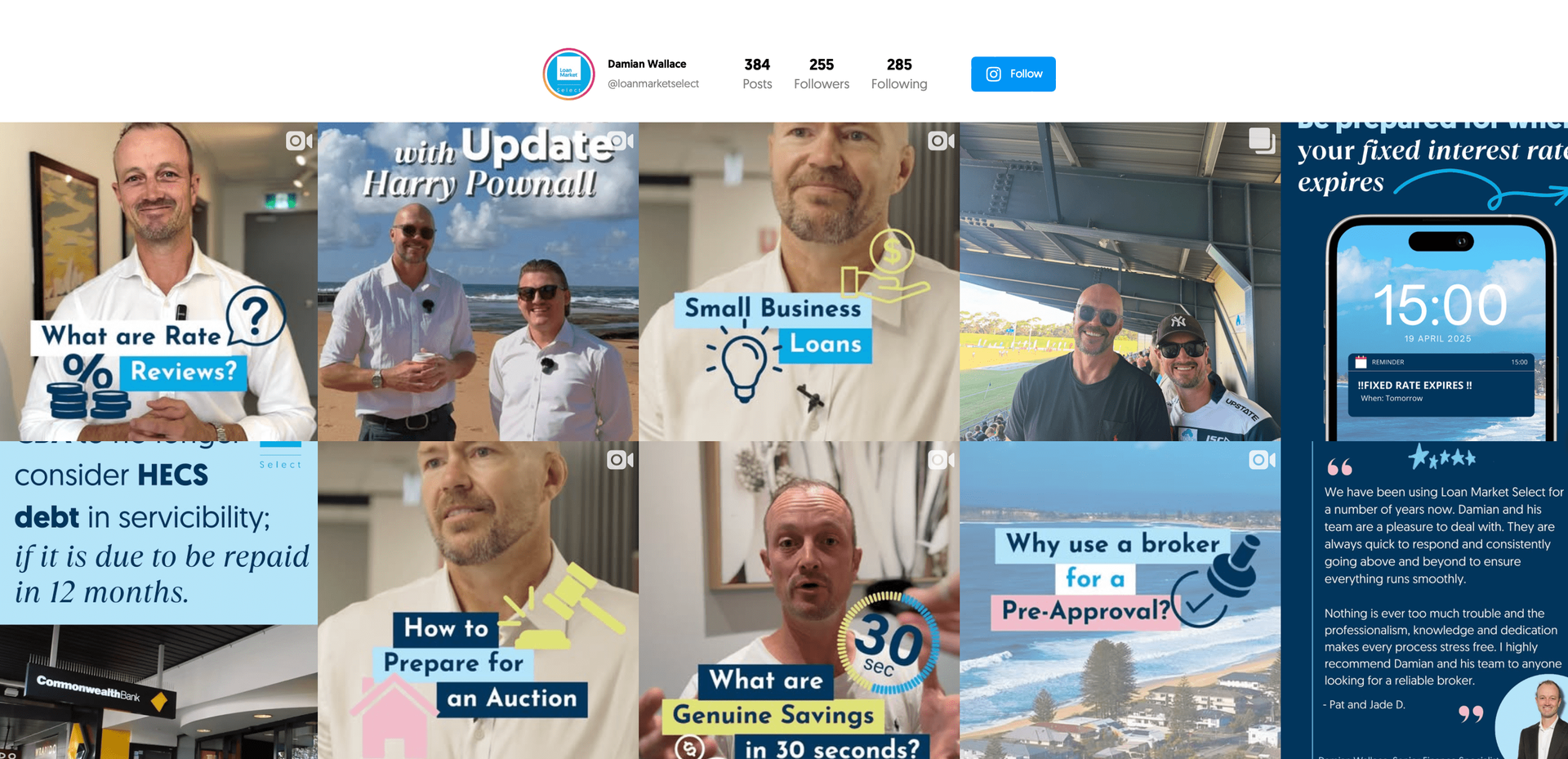Home Loans for Nurses in the Northern Beaches
Are you a nurse trying to figure out the home loan application process?
Owning a home is a significant milestone, especially for hardworking nurses who dedicate their lives to caring for others. Thus, home loans for nurses are designed with you and your career specifically in mind!
Home loans for nurses are tailored mortgages that offer benefits like lower deposit requirements and competitive interest rates. They are created to fit this healthcare profession’s unique financial situation and make homeownership easily accessible.
In this blog, we'll explore what home loans for nurses entail and how you can take advantage of these specialised financial products to achieve your home-owning dreams.
Key Highlights:
- Home loans for nurses are mortgages designed to cater specifically to the nursing profession's unique financial situation.
- The different types of nurses’ home loans include but are not limited to variable rate loan, fixed rate loan, offset accounts and interest-only loans.
- To secure the best interest rate discounts, you should compare professional packages, improve your credit score, consider a larger deposit, seek professional advice, etc.
- Mortgage Brokers Northern Beaches are the trusted brokers in Northern Beaches, providing smooth and convenient home loan assistance for medical professionals.
How Do Home Loans for Nurses Work?
Home loans for nurses are mortgages designed to cater specifically to the nursing profession's unique financial situation. Typically, these loans offer advantages such as lower deposit requirements and competitive interest rates. For example, while the standard deposit requirement might be 20%, loans for nurses could be available with just a 10% deposit, depending on the lender.
Let’s say you’re looking to buy a $600,000 home. With a standard 20% deposit, you’d need $120,000. However, with a nurse-specific loan requiring only 10%, your deposit would be $60,000. This can significantly ease the initial financial burden.
When comparing these loans to those available for doctors, you'll find that while both types of loans offer favourable conditions, doctors might receive slightly more advantageous terms due to higher earning potential. Nonetheless, nurses can still access competitive rates and flexible terms tailored to their needs.
Lenders Mortgage Insurance (LMI) is another important factor to consider. It’s typically required if your deposit is less than 20% of the property’s value. However, with many home loans for nurses, there are options to avoid LMI or reduce its cost. This can save you thousands of dollars and make homeownership more affordable.
To sum it up, here are the top key features of a nurse’s home loan:
What are the Different Types of Home Loans for Nurses?
Choosing the right home loan can significantly impact your financial situation and homeownership goals. Nurses' home loans offer various features to accommodate the financial needs and preferences of your profession. Hence, it is always important to understand the different types of loans available for your specific needs.
Here are the common types of nurses' home loans:
Standard Variable Rate Loans
These loans feature an interest rate that can change with market fluctuations. They offer flexibility with options like extra repayments and redraw facilities, which can help you pay off your loan faster if you choose.
Fixed Rate Loans
A fixed rate loan ensures your interest rate stays the same for a set period, typically between 1 to 5 years. This provides consistent repayments and protection from interest rate rises during the fixed term.
Split Loans
With a split loan, you can combine both fixed and variable rates. This allows you to benefit from the stability of fixed rates while taking advantage of the flexibility and potential savings of a variable rate portion.
Interest-Only Loans
Interest-only loans let you pay only the interest for a set period, usually up to 5 years. This can be advantageous if you prefer lower initial repayments or are using the property for investment purposes.
Professional Packages
Many lenders offer specialised home loan packages for nurses, including benefits like discounted interest rates, waived fees, and flexible features tailored to your financial situation.
High Loan-to-Value Ratio (LVR) Loans
Nurses may be eligible for loans with higher loan-to-value ratio loans (LVRs), which means you can borrow a larger portion of the property's value. This often comes with lower deposit requirements, making it easier to purchase a home.
Offset Accounts
Loans with offset accounts allow you to reduce the interest you pay on your mortgage by keeping your savings in an account linked to your loan. This can help you save on interest and pay off your loan faster.
What Are the Nurses' Home Loan Eligibility Criteria?
To avail of these mortgages, you need to meet certain qualifying criteria:
- Currently employed for 1 year or worked for 2 years or more.
- Sufficient deposit for a minimum of 10% plus stamp duty and other related costs.
- Earn a minimum of $90,000.
- Proof of income with 2 recent payslips and/or PAYG (pay-as-you-go) certificate.
- Good credit rating.
- Must be an Australian citizen or a permanent resident.
For a full list of requirements, contact Mortgage Brokers Northern Beaches at 0403 316 686.
How Do You Secure Interest Rate Discounts on Home Loans for Nurses?
Securing interest rate discounts on home loans for nurses can significantly reduce your overall borrowing costs. By taking a few strategic steps, you can maximise these discounts and find the best mortgage deal tailored to your profession.
Here’s how you can make the most of interest rate discounts:
- Compare Multiple Lenders
Shop around and compare offers from different lenders. By doing this, you can identify which ones offer the best interest rate discounts specifically for nurses. - Check for Professional Packages
Look for lenders who provide professional packages for nurses. These packages often come with exclusive interest rate discounts and additional benefits. - Improve Your Credit Score
Ensure your credit score is in good shape by paying off debts and making timely payments. A higher credit score can qualify you for better interest rates and more favourable loan terms. - Negotiate with Your Lender
Don’t hesitate to negotiate the interest rate with your lender. Use competing offers as leverage to secure a better rate or additional discounts. - Consider a Larger Deposit
Increasing your deposit amount can sometimes lead to lower interest rates. A larger deposit reduces the lender's risk and may qualify you for a better rate. - Opt for a Fixed-Rate Loan
Fixed-rate loans can offer stability with consistent interest rates. Sometimes, lenders provide special discounts for locking in a fixed rate, which can be beneficial in a fluctuating market. - Look for Special Offers
Keep an eye out for special promotions or limited-time offers from lenders. These can include temporary interest rate discounts or reduced fees for nurses. - Utilise Offset Accounts
Some loans come with offset accounts that can reduce the amount of interest you pay. By linking your savings to your loan, you can lower your interest costs over time. - Seek Financial Advice
Consult with a mortgage broker or financial advisor who specialises in loans for medical professionals. Their expertise can help you navigate the best options and secure the most advantageous rates available. - Leverage Your Employment Stability
Highlight your stable employment as a nurse when applying for a loan. Lenders often view healthcare professionals as low-risk borrowers due to job security, which could help you negotiate better rates. - Join Professional Associations
Membership in nursing associations or unions can sometimes offer access to exclusive financial products and discounts. Check if any professional groups you belong to provide special mortgage offers. - Maintain a Low Debt-to-Income Ratio
Keep your debt-to-income ratio low by managing your existing debts effectively. A lower ratio can make you more attractive to lenders and improve your chances of receiving a better interest rate.
FAQs
As a nurse, how much can I borrow for a home loan?
As a nurse, you can typically borrow up to 80% to 90% of the property's value, depending on your income and lender's policies. For example, if you're looking to buy a $600,000 home, you could potentially borrow up to $540,000 if the lender allows a 90% loan-to-value ratio, requiring you to provide a deposit of $60,000.
How do lenders compute a nurse’s income?
Lenders compute a nurse's income by assessing both your base salary and any additional earnings, such as overtime, allowances, and bonuses. They typically use your recent payslips, employment contract, and possibly tax returns to verify and calculate your total income, ensuring it meets their criteria for loan approval.
Do lenders consider second income?
Yes, lenders consider a nurse’s second income along with other sources like meal allowances and fringe benefits when computing a nurse's total income for a home loan. This can include part-time jobs from other hospitals, freelance work, and income from investments.
You'll need to provide documentation to verify these additional sources, such as pay stubs, employment contracts, and tax returns, to demonstrate their reliability and consistency.
Can nurses avail of home buyer government grants?
Yes, nurses in Northern Beaches, Sydney, can benefit from several government home buyer grants and assistance programs. The First Home Owner Grant (FHOG) provides $10,000 for first-time buyers purchasing a new home in New South Wales. Additionally, the First Home Buyer Assistance Scheme offers exemptions or concessions on stamp duty, which can reduce your upfront costs.
While the HomeBuilder Grant was primarily for new builds and renovations, it's worth checking for any updates or new rounds. If you’re buying in regional areas around Northern Beaches, the Regional First Home Buyer Program may also offer stamp duty concessions.
How can I reduce LMI premium?
To reduce your Lenders Mortgage Insurance (LMI) premium, you can take several steps. Increasing your deposit to at least 20% can help you avoid LMI altogether by lowering your loan-to-value ratio (LVR). Shopping around for lenders can reveal those with lower LMI premiums, and negotiating with your lender might lead to a reduction or waiver of the LMI cost.
Additionally, using a family member’s property as security can lower your LVR and potentially eliminate LMI. Finally, check if you qualify for any LMI waiver programs offered by lenders, which may be available for certain professions or under specific conditions.
What types of nurses are eligible for LMI waiver?
Lenders typically consider most nurses and midwives positions. This includes, but is not limited to:
Clinical Nurse
Clinical nurse consultant
Midwife
Endorsed midwife
Nurse Practitioner
Nurse manager
Nurse educator
Critical Care Nurse
Family Nurse Practitioner
Cardiac Nurse
Aged Care Nurse or Geriatrics Nurse)
Holistic Nurse
If your profession is not on the list, contact your mortgage brokers for the full list of qualified nursing professionals.
Conclusion
As a nurse in Northern Beaches, securing a home loan can be straightforward with the right guidance. Your dedication to your profession means you deserve a mortgage solution that matches your needs and financial situation.
By leveraging specialised home loan options designed for healthcare professionals such as yourself and seeking advice from experts in the field, you can streamline the application process and find a loan that helps you achieve your dream home with confidence and ease.
Reach out to Mortgage Brokers Northern Beaches today for personalised services tailored to your needs. We will simplify the mortgage application to save you time and money because we value your time and the work that you do!
Give us a call today at 0403 316 686 to book a consultation with our expert brokers.












